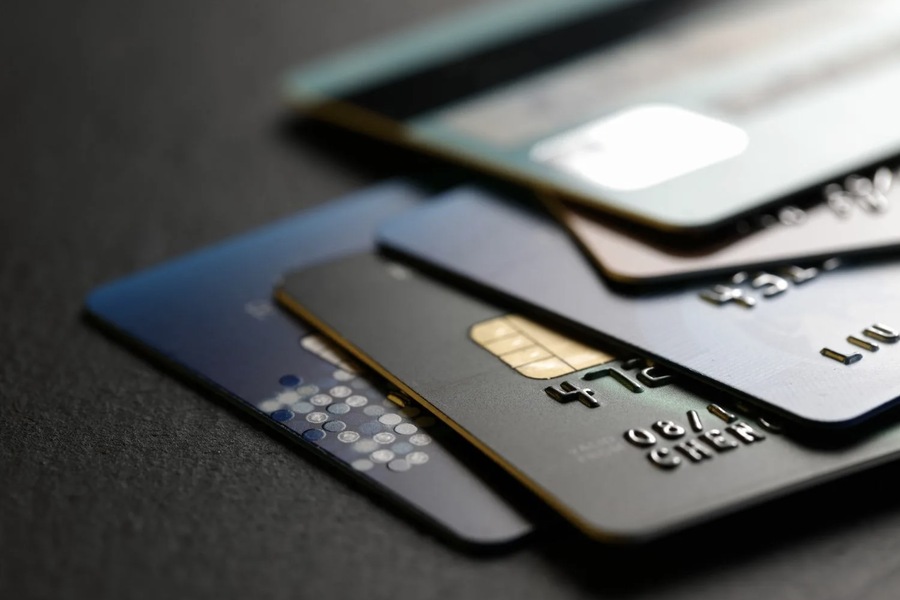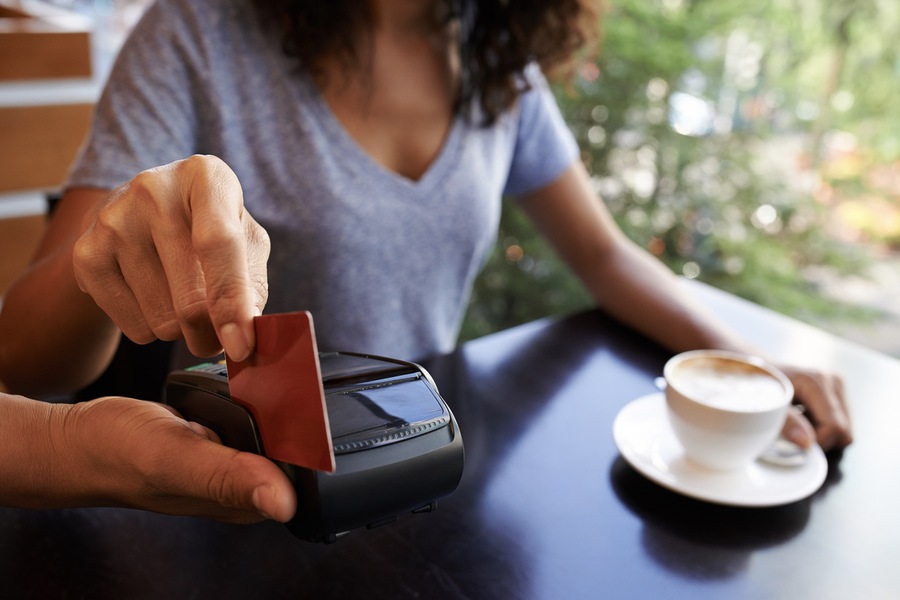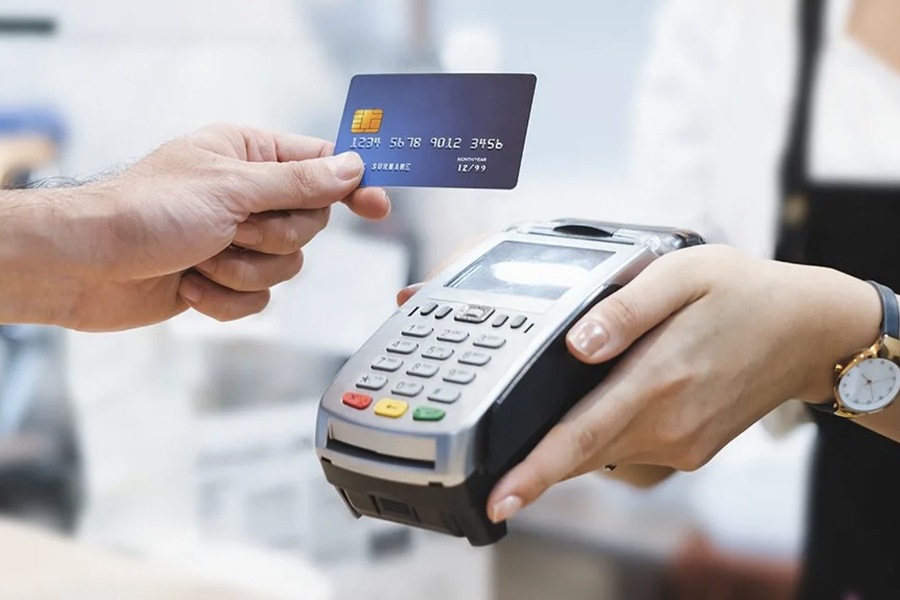Credit cards offer unparalleled convenience, enabling consumers to make purchases instantly while postponing payments. However, beyond practicality, they also trigger complex psychological responses that influence spending behavior. Research shows that people tend to spend more with credit cards than with cash, often without realizing it. This article explores the cognitive biases, emotional triggers, and financial habits that drive credit card spending, with particular attention to consumer behavior in the UAE.
How Credit Cards Influence Perceived Value
Paying with credit cards disconnects the act of purchasing from the act of payment, reducing the psychological pain of spending. When people use cash, the immediate loss of physical currency makes spending feel more tangible. In contrast, credit cards delay this loss, creating a sense of detachment from the actual amount spent. This detachment contributes to a phenomenon known as spending amnesia, where consumers are less likely to track or recall small purchases made with credit cards.
In the UAE, where contactless payments and digital wallets are increasingly common, this behavior becomes more pronounced. The rapid uptake of virtual credit cards further reinforces the ease of spending without physically handling money, altering how individuals perceive the cost of goods and services.
Reward Systems and Instant Gratification
Credit card reward programs play a critical role in encouraging spending. Features such as cashback, loyalty points, and travel miles entice users to make purchases with the promise of future benefits. This taps into the instant gratification bias, where consumers are drawn to immediate rewards despite potential long-term financial consequences.
In Dubai, where high-end retail and lifestyle spending are integral to the urban experience, many residents rely on credit cards with generous reward programs. Banks also offer the credit cards without annual fee, attracting consumers who seek value-added services while avoiding additional costs. The lure of earning rewards for routine expenses subtly promotes more frequent card usage.

Cognitive Load and Decision Fatigue
Credit cards simplify the payment process, but this convenience can increase decision fatigue, making it harder for consumers to evaluate each purchase carefully. When faced with many small financial decisions throughout the day—whether to buy a coffee or pay for parking—individuals tend to rely on mental shortcuts, opting to swipe their cards instead of making deliberate spending choices.
In an environment like the UAE, where consumers juggle multiple financial commitments, credit cards reduce cognitive load by offering an easy payment method. However, this ease of use can lead to impulsive spending, especially in social settings, where individuals might feel pressured to keep up with peers by making unplanned purchases.
The Role of Loss Aversion in Credit Card Spending
Loss aversion, a concept from behavioral economics, suggests that people feel the pain of losing money more intensely than the pleasure of gaining it. With cash transactions, this sense of loss is immediate, making consumers more cautious. Credit cards, however, delay the perception of financial loss until the statement arrives, diminishing the emotional impact at the time of purchase.
In the UAE, where luxury spending is common, the availability of installment plans on credit cards further dilutes the feeling of loss. Consumers are more inclined to make larger purchases, knowing they can spread payments over several months. This dynamic underscores how credit cards modify spending behavior by reducing the perceived financial burden.
Social Influence and Credit Card Usage
Social norms and peer pressure also play a role in shaping credit card spending habits. In social environments, particularly in places like Dubai, consumers may use credit cards to match the spending behaviors of friends or colleagues. Whether dining out, shopping, or traveling, credit card payments make it easier to participate in shared experiences without the immediate financial strain associated with cash payments.
Moreover, in the UAE’s expatriate-heavy population, many individuals rely on credit cards to manage expenses across multiple currencies and jurisdictions. The ease of international transactions encourages spending, especially during holidays or family visits abroad. This cross-border functionality adds to the appeal of credit cards, subtly influencing consumption patterns.
The Impact of Credit Limits on Spending Habits
Credit card limits, though intended to control spending, often have the opposite effect. The availability of a high credit limit can create a false sense of financial security, leading consumers to believe they have more disposable income than they actually do. This mindset encourages spending up to the available limit, especially when consumers view the limit as a personal benchmark for responsible financial behavior.
In the UAE, where banks offer a wide range of credit products, users often hold multiple credit cards with varying limits. This access to extended credit increases the likelihood of overspending, as individuals may rotate their expenses across multiple cards to avoid exceeding any one limit. The delayed payment structure reinforces this cycle, making it difficult to maintain financial discipline.
Emotional Spending and Credit Card Use
Emotions heavily influence spending decisions, and credit cards facilitate emotional purchases by removing the immediate financial impact. Retail therapy, or the act of shopping to improve one’s mood, is more prevalent with credit cards since the cost feels less significant at the moment. For many consumers, the convenience of swiping a card provides temporary relief from stress or emotional distress, leading to impulsive purchases.
Dubai’s vibrant retail scene, with its luxury malls and frequent shopping festivals, caters to this emotional spending dynamic. Promotions and discounts offered by credit card providers during these events further enhance the temptation to make unplanned purchases, reinforcing the emotional connection between spending and satisfaction.

Mitigating the Psychological Traps of Credit Card Spending
While credit cards offer undeniable convenience, understanding their psychological impact can help consumers manage spending more effectively. Setting personal spending limits, tracking expenses regularly, and using mobile banking alerts are some strategies to maintain control over credit card use. Many banks in the UAE also offer financial education programs to encourage responsible borrowing and spending habits.
Opting for the best credit card in UAE without annual fee can be a prudent choice, as it reduces unnecessary costs and encourages more mindful spending. Additionally, consumers should evaluate reward programs carefully to ensure they align with their financial goals rather than incentivizing unnecessary expenditures.
Conclusion
Credit cards shape consumer behavior in subtle yet profound ways by influencing how individuals perceive, manage, and experience financial transactions. From reward systems to the psychological detachment from spending, these factors contribute to higher credit card usage compared to other payment methods. In the UAE, where credit cards are widely used across various sectors, understanding these psychological dynamics is crucial for making informed financial decisions.
By recognizing the cognitive biases and emotional triggers associated with credit card spending, consumers can adopt healthier financial habits. With careful management, credit cards can be valuable financial tools, providing flexibility without compromising long-term financial well-being.

I am an accomplished coder and programmer, and I enjoy using my skills to contribute to the exciting technological advances that happen every day at Oswald Tech.
